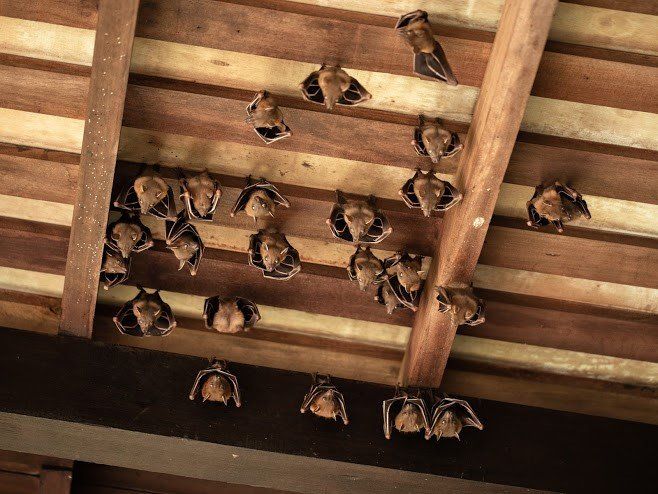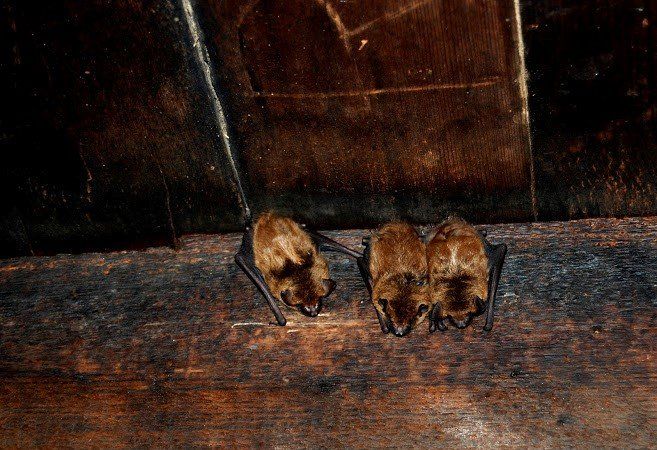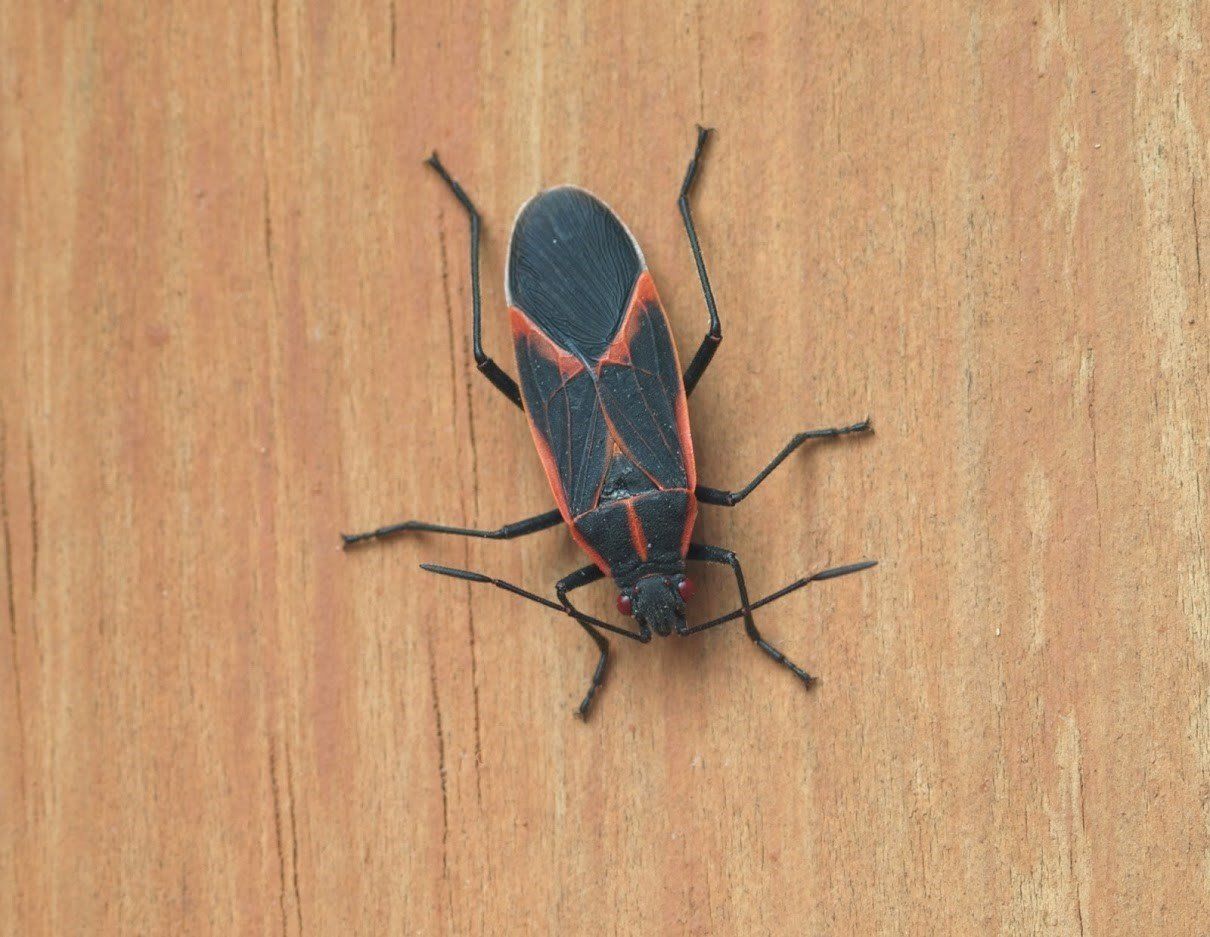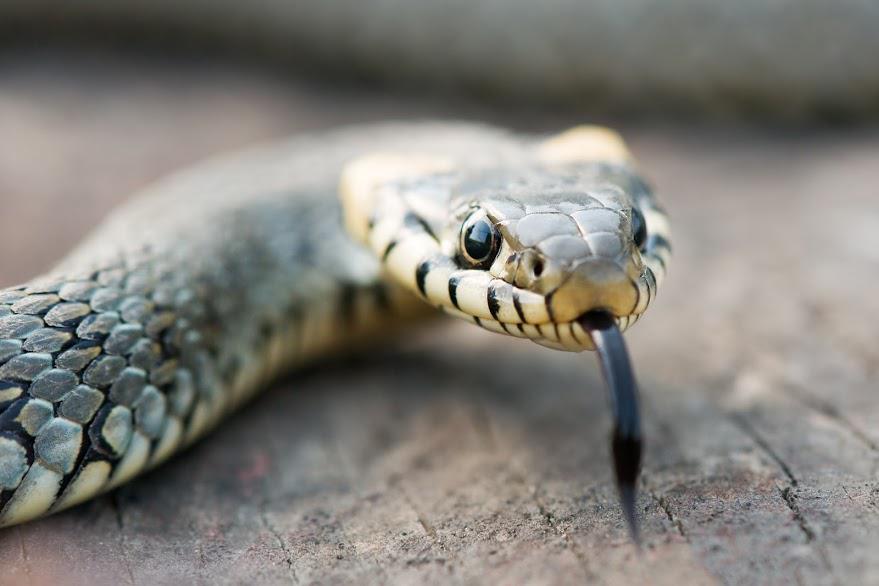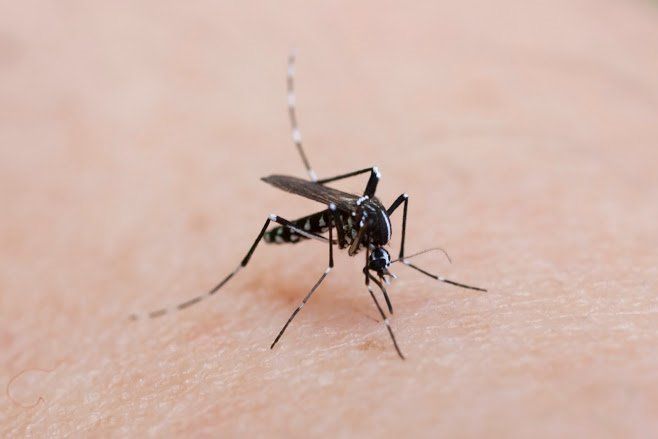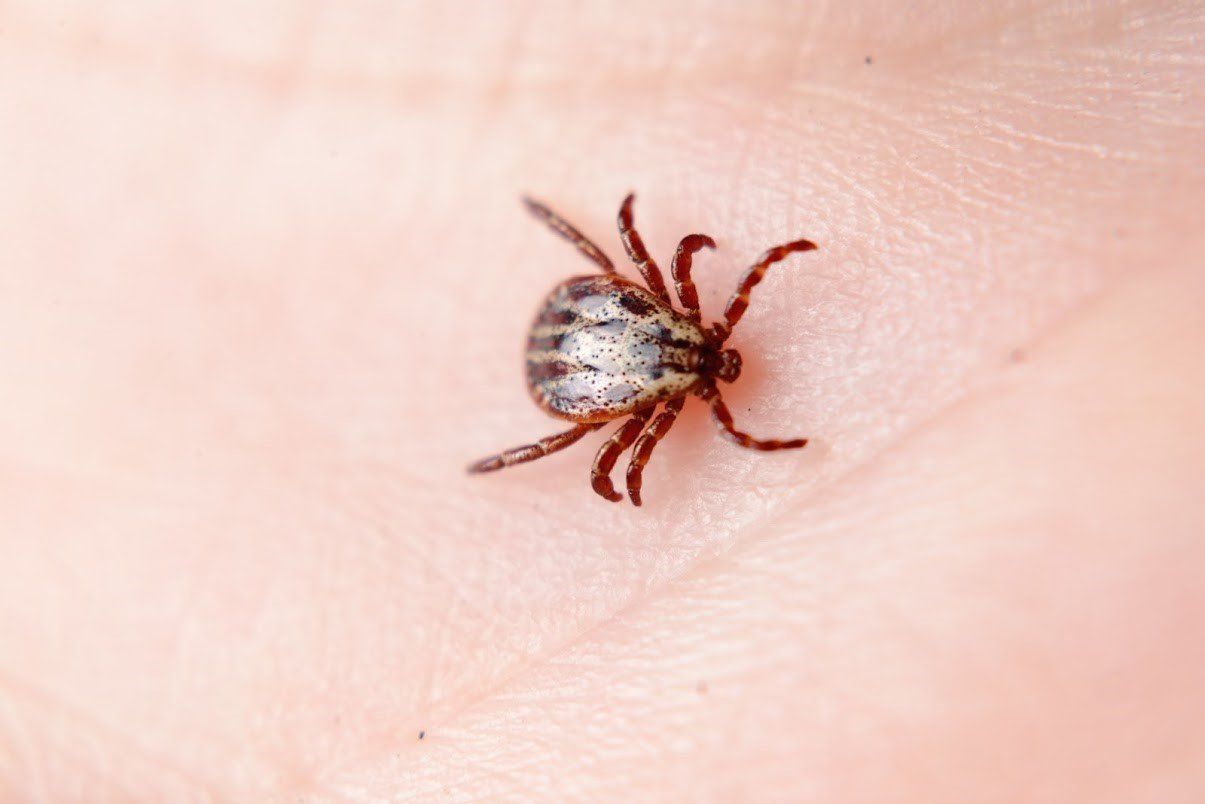West Nile Virus and Backyard Michigan Mosquitoes: What to Know
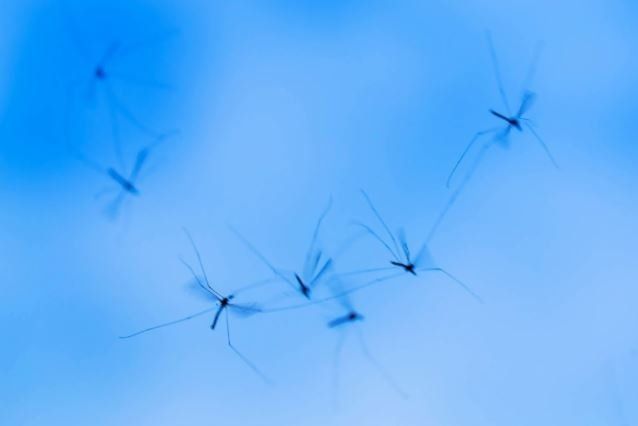
How Is West Nile Virus Transmitted?
West Nile virus (or WNV) is a mosquito-borne illness. The disease cycle starts when a mosquito feeds on an infected bird. As the insect feeds, the bird host infects it. When the mosquito bites a human, it can pass the virus along.
Even though WNV is an infectious disease, humans don't pass it to each other. The only exceptions are infection via direct blood transfusion, organ transplantation, or mother-to-baby transmission (during pregnancy, childbirth, or breastfeeding only). You can't get WNV from someone else's cough, sneeze, or touch or from touching a bird.
Who Does West Nile Virus Affect?
This mosquito-transmitted virus can impact anyone who is exposed. According to the state of Michigan government's website, seniors over age 60 and people with some medical conditions (such as hypertension, cancer, or diabetes) are at a higher risk if infected.
Mosquitoes respond to heat and carbon dioxide. According to the National Pest Management Association's (NPMA) PestWorld website, mosquitoes are typically the most active during dawn and dusk. If you're an outdoorsy individual, you may want to avoid these times of the day.
Do All Mosquitoes Carry West Nile Virus?
Simply stated — no. This means a mosquito bite doesn't guarantee you'll get the disease. In the United States, Culex mosquitoes are the primary type of insect invader that transmits this virus — especially the Culex tarsalis.
The mosquitoes that carry WNV live around the world, including American states such as Michigan. This means Michigan residents and visitors to the state should take precautions to avoid mosquitoes if possible. Whether you're at home or on vacation, a few simple steps can reduce the risks of WNV.
In Michigan, the most WNV activity is typically found in Macomb, Wayne, Oakland, and Kent counties, according to the state government.
What Can You Do to Prevent West Nile Virus?
Prevention is the easiest way to stop the spread of WNV. Even though a mosquito can fly into your home, you'll more likely get a bite while outdoors. To reduce the mosquito population around your home, inspect your yard for standing water regularly.
Mosquitoes require water to breed. If you have full birdbaths, buckets, or empty planters, you have space for water to stand. According to the PestWorld website, the female Culex mosquito can lay up to 300 eggs at a time. The larval mosquitoes will stay in the water until they grow into adults. The larva to adult phase typically takes as little as two weeks.
Turn buckets and pots over to reduce the risks of rain collection. Clear puddles and remove all other areas of standing water. This means you'll need to clean out children's paddling pools and other similar recreational items or toys regularly.
If, despite your best efforts, mosquitoes still invade the area and breed in your yard, you need help from a professional. A pest control contractor can inspect the area, look for mosquitoes (and their larva), and eliminate the issue.
Never attempt to treat a mosquito problem on your own. Even though do-it-yourself sprays and foggers are commercially available, these products usually require expert-level guidance for proper use. Failure to use a mosquito prevention or extermination product correctly poses a safety risk.
Do you need professional help to eliminate a mosquito issue in your yard? Contact Anteater Pest Control Inc. for more information on mosquitoes and extermination services.
